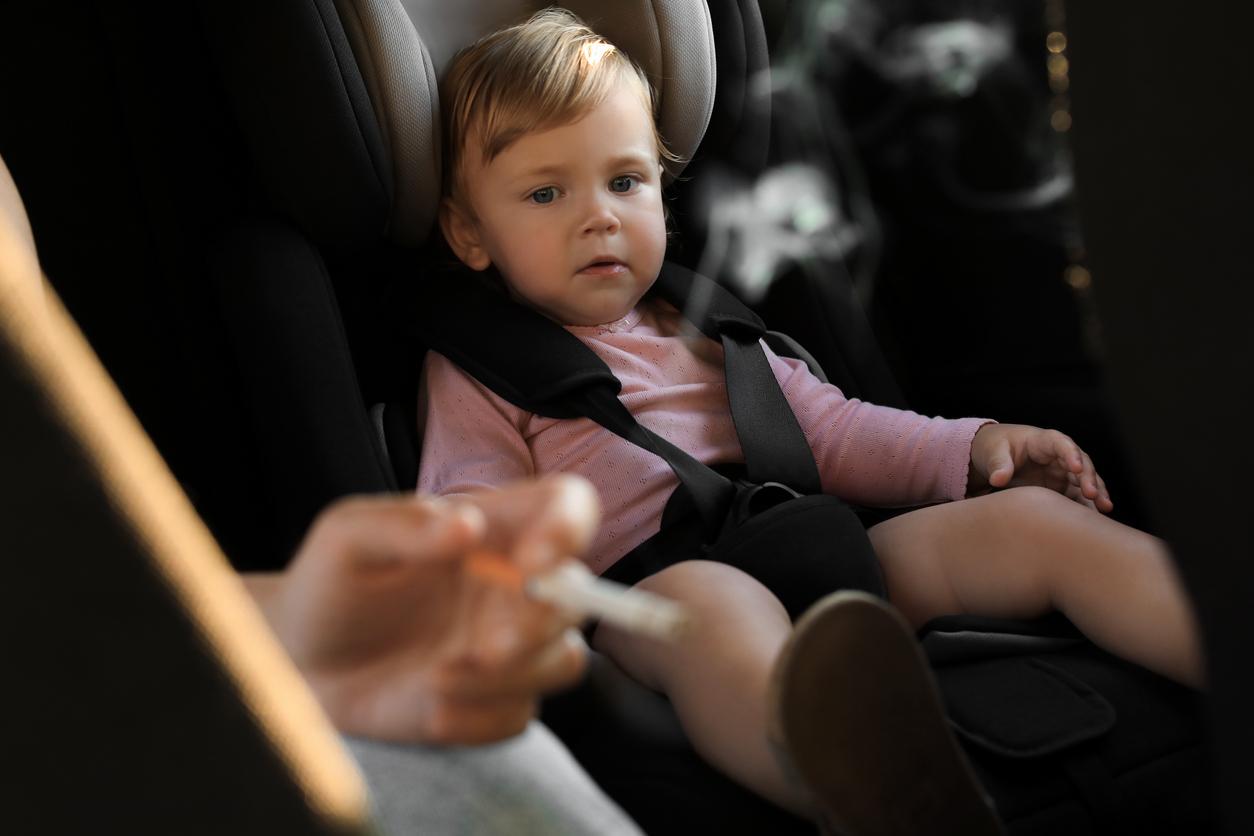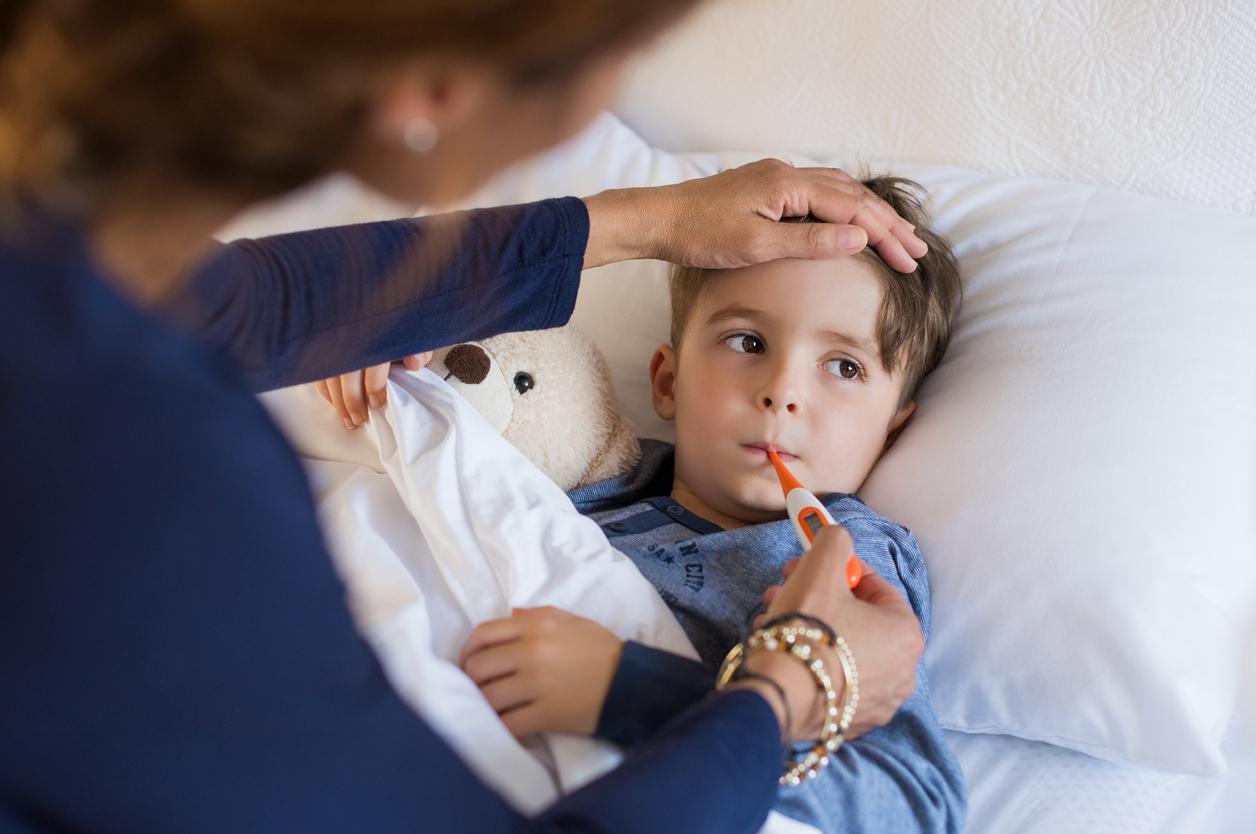Exclusive breastfeeding for the first three years of an infant’s life would reduce the risk of respiratory allergies and asthma at the age of 6 years.

- Babies who were breastfed by their mother have a 23% lower risk of respiratory allergies
- Previous studies have shown a reduced risk of asthma in children linked to breastfeeding
Exclusive natural breastfeeding during the first three months of a baby’s life would contribute to a reduction in the risk of respiratory allergies and asthma in the latter. The results of researchers from the University of Maryland (USA) were published in the journal Acta Paediatrica.
Breastfeeding should be exclusive and without a family history of respiratory disorders
Of previous studies showed that breastfeeding is associated with a 10% reduction in the risk of asthma between the ages of 5 and 18. However, none of these studies examined the association between breastfeeding and infant feeding in more detail. The value of this study, the researchers note, is to examine the link between exclusive breastfeeding for the first three months of an infant’s life and respiratory allergies and asthma at age 6.
To carry out this study, the researchers examined 1,177 mother-child couples, a third of whom were exclusively breastfed until the age of 3 months. Results, in children who were not exclusively breastfed by their mother, at the age of 6 years, 20.8% were diagnosed with respiratory allergies and 11.3% with asthma. . For the group that exclusively breastfed, the relative risk of respiratory allergies is reduced by 23% at 6 years and a risk of asthma is 34% lower. The researchers add that this only applies to those who have no family history of asthma.
Different conclusions from Inserm
Airway disorders, such as respiratory allergies and certain asthmas, can be prevented by encouraging exclusive breastfeeding for at least 3 months. “Breast milk is potentially beneficial in reducing the risk of airway disorders in children”concludes Galya Bigman, author of the study and professor at the University of Maryland.
However, nonexclusive breastfeeding for three months is not enough to reduce the risk of respiratory allergies or asthma,”indicating that a certain threshold of exposure to human milk is necessary to develop healthy lungs during infancy”, adds the study. Also, you don’t need a family history for it to be effective.
These conclusions are different from a previous study conducted by Inserm in 2016 according to which breast milk promotes the transmission of sensitivity to dust mites. Cause of childhood allergies, they lead to the onset of asthma or allergic rhinitis in children. The researchers then added that further studies were needed to fully understand the mechanism.

















